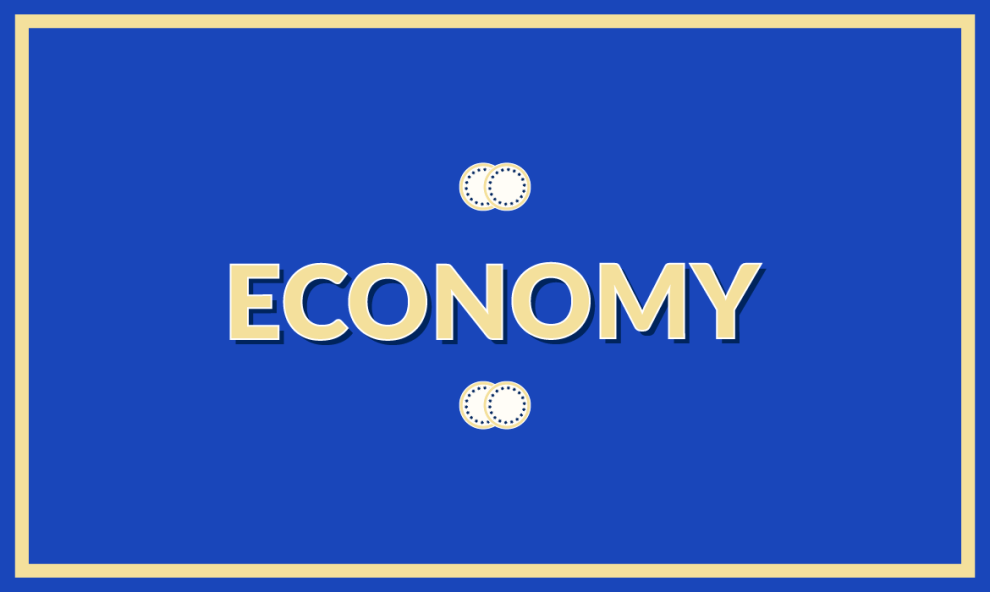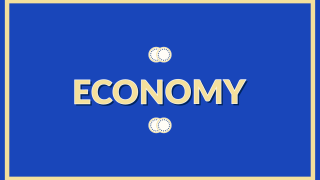Competition is vital for efficient market functioning: without competition, there is permanent propensity for price growth, no incentive for improving the quality of goods and services, and innovation is inhibited. Without competition, an economy tends to stagnate, and the population lives in a state of harassment by rent-seeking businesses without even minimal interest in offering better products, prices, terms, or quality. The logic of promoting competition is absolute and transparent.
This is more complex in practice. Monopolies (or monopolistic practices) can only prevail as the result of three circumstances: the existence of “natural monopolies” (such as the electrical grid or railway distribution networks); the presence of legally sanctioned control of an activity or sector, as occurs with oil or electrical energy in Mexico; and the protection that is directly or indirectly conferred by the governmental regulations upon an enterprise or sector when these constitute virtually insurmountable barriers to entry that impede access to competitors.
Conceptually, there are three ways to control monopolistic activities: through legislation; by means of regulations, or through the sector’s being the property of and operated by the government. None of these is perfect. Enactment of antitrust law is costly and complex, and inexorably susceptible to abuse. Government monopolies always generate rent seekers, above all the labor unions. The majority of monopolistic practices are generated because companies capture the regulating authority and get it to produce regulations that protect and benefit the incumbents. Once these exist, they operate under the aegis of “what God has joined together, let no man put asunder.” The overwhelming majority of cases in the country in which anti-competitive practices endure derive from the regulatory framework. Thus, the efficient way to purge Mexico of its monopolies is by means of deregulation and radical modernization of the regulatory framework currently in effect. In addition, if we want a truly competitive economy, we are obliged to confront this same theme with respect to government monopolies.
George Stigler, an expert on the theme, said that the merits and advantages of a market economy have much less to do with the theoretical sustenance of competition than with the structure and organization of each specific market. Therefore, the key is to understand the regulatory framework’s origin and functioning. The corporatist structure that characterized Mexico’s economy and politics throughout a substantial part of the 20th century was characterized by countless mechanisms committed to controlling unions, companies, and people. By the same token, it constructed a regulatory framework oriented toward the functioning of economic activity within the enclave of a closed economy. The government granted exclusive manufacturing or import licenses guided by the principle that industrial development would be promoted in this fashion. Independent of the results of the import substitution and control strategy, the scheme rendered businesses dependent on the government, because, through regulation, it determined their own viability and profitability. Therefore, it is not surprising that, due to its origin, the regulatory framework not only did not promote competition, but instead, it drove the creation of barriers to it: in fact, everything was done to protect companies from competition. Although many directives were eliminated when imports were liberalized, others persist and have multiplied.
Additionally, the anti-inflation pacts that were implemented in the 1980s entailed tight cooperation among businesses in each sector, since these concordats were based on agreement among producers to break the inertia of inflation. However, from the perspective of competition, doing away with inflation came at great expense, because companies became accustomed to communicate among themselves; thus, not to compete. This is another “sin” of our past that weighs heavily upon the present economic structure as well.
The combination of weak regulatory structure, institutions with little credibility, and “de facto powers” with veto capacity that are not subject to the exercise of any authority obliges us to conceive of novel and creative ways to advance competition in the country. Faced with a similar situation, at least in certain aspects, the European Union devised a regional competition authority. Something similar could be explored in our situation: a North American authority in this matter provided with the institutional strength, neutrality, and credibility necessary for successful operation.
The bill proposed by the Executive Branch to reform the law in matters of competition constitutes a significant improvement in that it takes steps toward professionalization of the Federal Competition Commission (COFECO). However, the initiative does not deal with the central problem: the fact that the entity retains its mix of prosecutorial and tribunal, that is, it is judge and jury, which creates a permanent inclination toward partiality. The absence of counterweight leads to excesses, starring roles, and decisions to act or not to act based on the preferences of the members of the Commission or those of its president, to a greater degree than to a detailed and defendable analysis proceeding from incontrovertible evidence. The current structure confers excessive discretional faculties on the COFECO president and poses no limits on the president’s playing field. A poorly understood autonomy and one without counterweights ends up being another de facto power.
At present, the sole resource that a defendant company possesses when faced by COFECO decisions is the amparo mechanism, a procedure that may take years to reach a conclusion. What is truly required is an effective counterweight that does not lend itself to delay tactics, but that does curb abuse. The ideal mechanism would be a Federal Tribunal that specializes in the matter without resort to the amparo, similar, in concept, to that currently taking place in the Federal Electoral Institute (IFE) and the Electoral Tribunal. This structure has proven to be efficient, to avoid protagonistic conduct, and to generate expedited decisions: both entities are cognizant of the fact that there is an institution of reference, which prods them into acting with the greatest of care.
The essence of the new bill resides in the possibility of imposing severe economic anc criminal penalties on businesses and their officials engaging in anti-competitive practices. Given our history, a qualitative change of this nature may have a good rationale, but cannot be advanced in the absence of an institutional equilibrium that guarantees impeccable, professional application of the law. Without counterweights that work, a law of this nature would, of necessity, be inquisitorial.
Monopolies






Comments